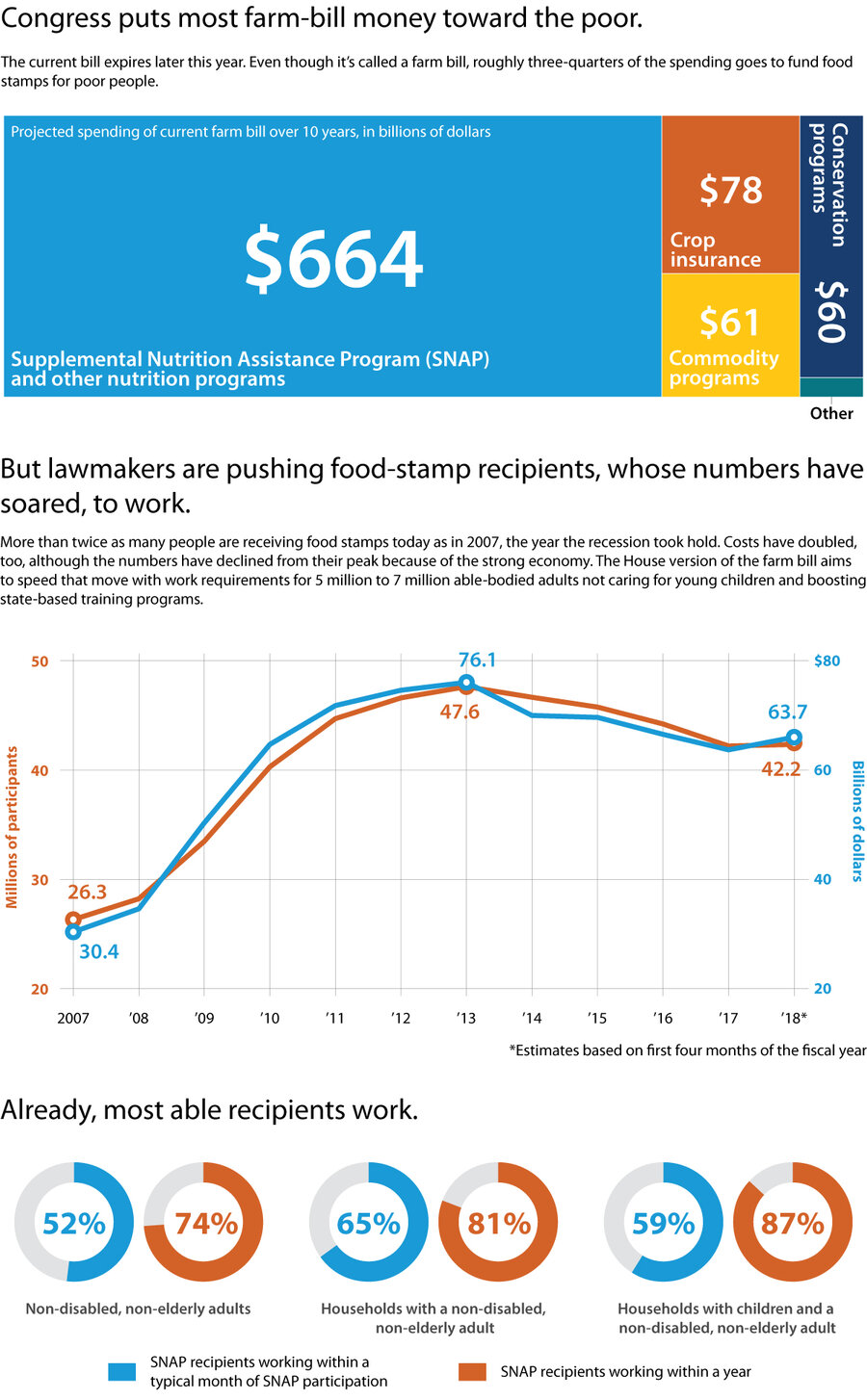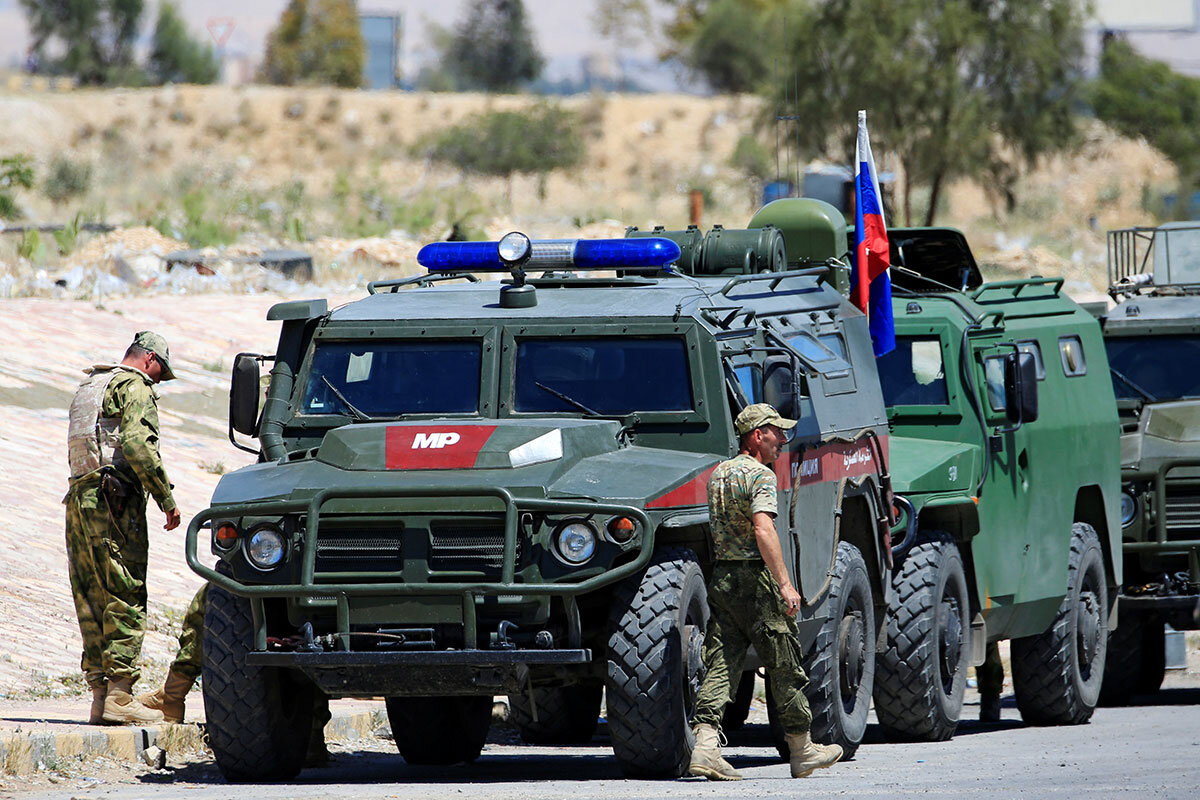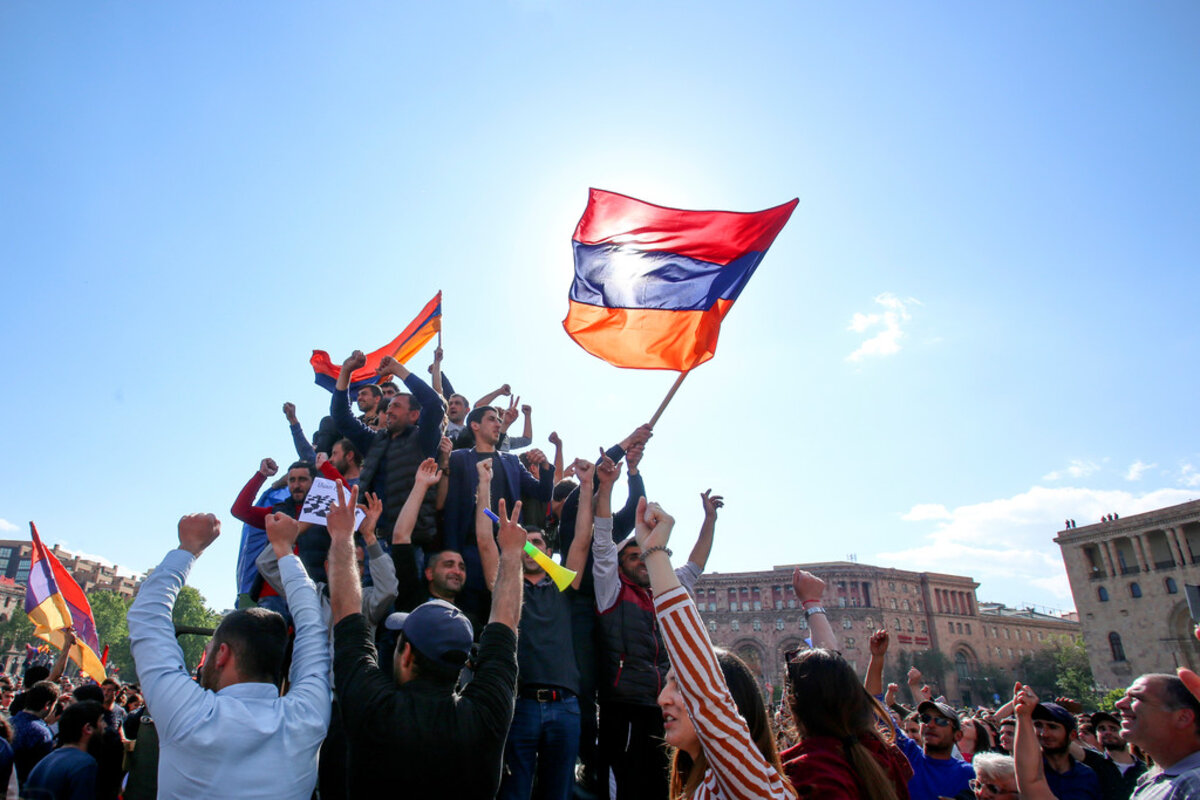The French president has built a personal relationship with the US president based on displays of strength and respect. A key question: Can that relationship produce tangible gains for the people of each nation?
Monitor Daily Podcast
- Follow us:
- Apple Podcasts
- Spotify
- RSS Feed
- Download
 David Clark Scott
David Clark Scott
A Toronto police officer did not shoot the man suspected of killing 10 people Monday by driving a van down a crowded city sidewalk.
Why is this newsworthy? The perception of US and Canadian police behavior is that when confronted with a gun – or what looks like a gun – they respond with lethal force.
A bystander video captures the arrest of Canadian Alek Minassian, who is pointing an object at the police officer.
“Kill me!” the man says.
“No, get down!” replies Constable Ken Lam.
“I have a gun in my pocket,” Mr. Minassian says.
“I don’t care. Get down,” the cop says repeatedly, closing the distance until he complies.
If Constable Lam had shot the suspect, few would have criticized him. In fact, Michael Lyman, a law professor at Columbia College in Missouri, told the BBC that the officer may have had a “duty” to use lethal force.
But most – including the Toronto police chief – consider Lam’s restraint and poise as exemplary, and it should be the norm. “You know that police are specifically not supposed to act as judge, jury and executioner, right? We need to normalize non-violent police intervention,” tweeted Canadian Nora Loreto.
Indeed, when reason and wisdom prevail over fear and base instinct, justice is truly served.
Now to our five selected stories, including a closer look at relationship-building between nations, a test of US Constitutional legal boundaries, and how one man taught a nation to appreciate its natural wonders.











